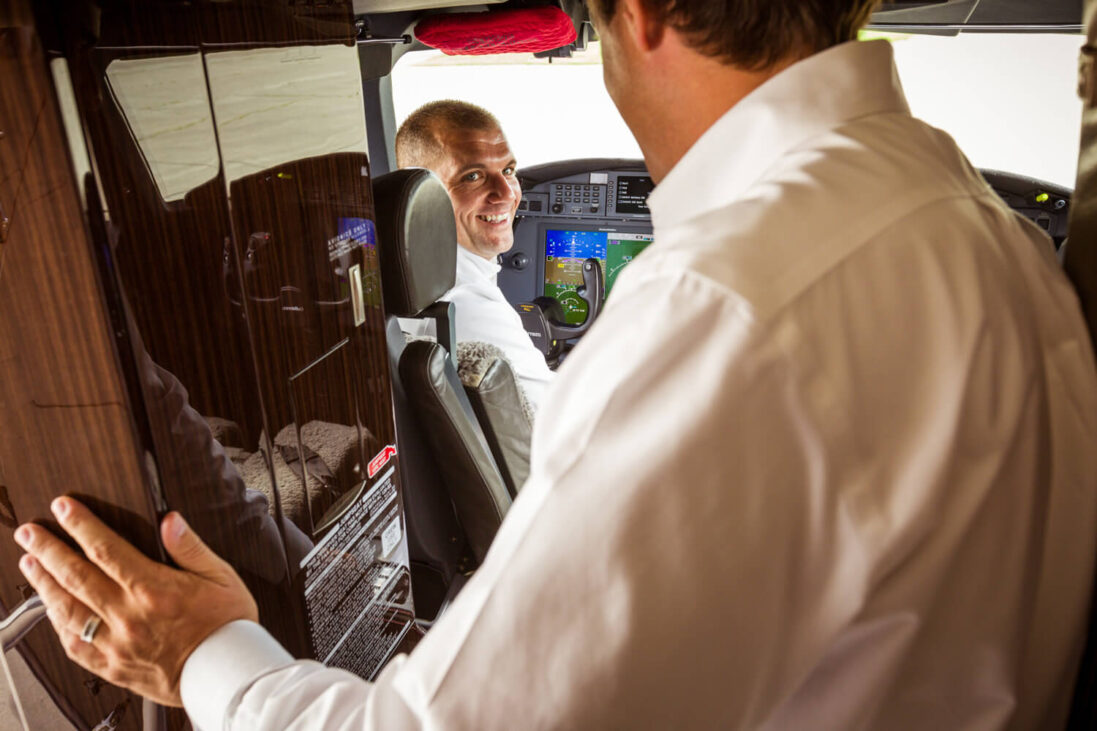
March 19, 2020
The FAA recently published new guidance on how a pilot may share flight expenses with passengers, consistent with federal regulations. Advisory Circular (AC) 61-142, Sharing Aircraft Operating Expenses in Accordance with 14 CFR §61.113(c), describes scenarios that constitute legal expense sharing and other scenarios that violate regulations.
In general, a private pilot may not act as PIC of an aircraft for compensation or hire, nor may a commercial pilot or ATP conduct commercial operations unless also meeting the requirements applying to the operations being conducted (e.g., 14 CFR Part 135). Technically, sharing aircraft operating expenses is considered accepting compensation.
However, §61.113 allows seven exceptions to these general prohibitions regarding compensation, including §61.113(b), which allows a pilot to be compensated for flights related to business travel, under certain circumstances, and §61.113(c), which discusses expense sharing options. According to the FAA, §61.113(c) permits pilots to share operating expenses of a flight with passengers provided the pilot pays at least his or her pro rata share of the operating expenses of the flight. Operating expenses are limited to fuel, oil, airport expenditures and rental fees.
Pilots utilizing the expense sharing exception are prohibited from “holding out,” described as “communicating to the public that a transportation services is indiscriminately available to the members of that segment of the public that it is designed to attract,” without proper authority to conduct such activities under 14 CFR Part 119.
To avoid running afoul of the “holding out” prohibition, the AC explains pilots must have a “common purpose” with passengers. “Common purpose” may be determined on a case-by-case basis, but whether the pilot has his or her own reason for traveling to a particular destination is a key factor. For example, a pilot flying his plane to a wedding may share expenses with passengers who are attending the same event or have a reason to be at the same destination.
Put simply, “The common purpose test can be stated as ‘but for the receipt of compensation [operating expense sharing], the pilot would not have taken that flight.’”
The AC further describes scenarios that might be considered “holding out,” including the use of agents or salespeople, print or internet advertisement, posts on social media and use of apps, depending on the intended audience and other specific factors.
“The FAA published this guidance as part of its ongoing efforts to combat illegal charter operations,” said Brian Koester, NBAA’s director of flight operations and regulations. “Pilots are responsible for knowing and understanding the privileges associated with their airman certificate, which includes flight expense sharing provisions. This guidance provides clear examples of permitted and prohibited activity and should be a useful resource for pilots who wish to comply with regulations.”


 International Business Aviation Council Ltd.
International Business Aviation Council Ltd.